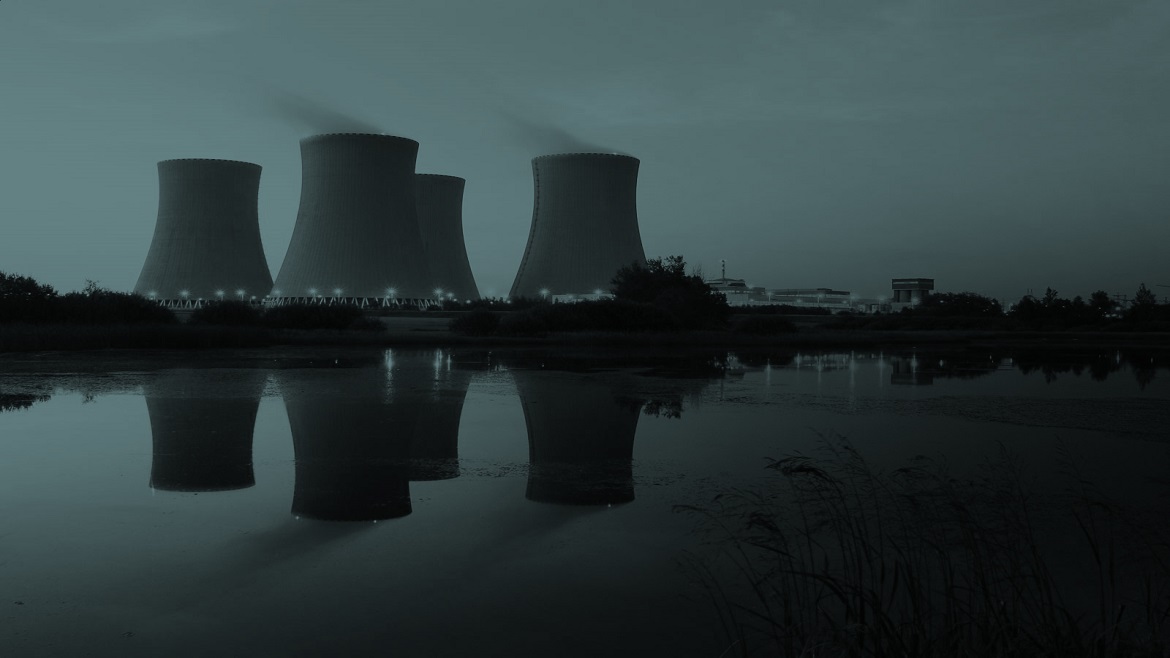Politicians must be honest about their ability to control or even influence energy prices. The largest component of an energy bill is set by the wholesale price of gas, dependent on volatile international markets and not within the reach of Westminster.
Other parts of a bill are more easily controlled and all new proposals to cut costs should be judged against the three principal aims of energy policy: security of supply, affordability and reducing greenhouse gas emissions.
The first is fundamental – modern life increasingly depends on a continuous supply of electricity. However the margin of spare electricity capacity in the UK will reach historically low levels in the next few years and up to £100bn of new electricity investment is required by 2020 to replace old and polluting power stations. The latest Intergovernmental Panel on Climate Change’s Assessment Report underlines the need also to reduce the carbon intensity of the UK’s energy system. Nevertheless it is affordability which has been highest on the political agenda recently – particularly since Ed Miliband’s -- the Leader of the Opposition -- announcement of his price freeze proposal in September 2013.
A centrally imposed price freeze would deter investment, particularly in gas-fired power stations – the cost to consumers of investment in low-carbon technologies is capped under the Levy Control Framework and is therefore guaranteed until 2020/21. Ironically a price freeze would also not necessarily cut bills as companies would have an incentive to raise prices before the freeze could be imposed and consumer bills could therefore rise faster than they otherwise would have done.
Instead we must focus on ensuring that competition is working properly across the energy sector and on encouraging new entrants into the industry. Until now electricity transmission and distribution has received little public scrutiny, probably because consumers do not pay distribution companies or National Grid directly. Their combined costs account for one fifth of an average household bill – double the amount spent on social and green levies. More public scrutiny and the introduction of increased competition in the distribution sector could have a significant impact on these costs.
Ofgem’s recent referral of the retail energy market to the Competition and Markets Authority means we will now have to wait several years before structural barriers to competition in this area can be addressed. Such is the loss of trust in the ‘Big Six’ (Britain’s largest energy suppliers) that perhaps only by separating the generation and supply functions can it be rebuilt fully.
There is one policy which hits all three of the principal aims, which is helping people use less energy in the first place. Owing to a combination of measures such as insulation, double-glazing and high efficiency boilers, the UK Government estimates that households are using a fifth less energy than they were in 2004. Despite this progress there is still massive potential in this area not just for households but also industry and business.
Tim will be speaking at The Economist’s UK Energy 2014 event on June 10th 2014.
The views and opinions expressed in this article are those of the authors and do not necessarily reflect the views of The Economist Intelligence Unit Limited (EIU) or any other member of The Economist Group. The Economist Group (including the EIU) cannot accept any responsibility or liability for reliance by any person on this article or any of the information, opinions or conclusions set out in the article.




